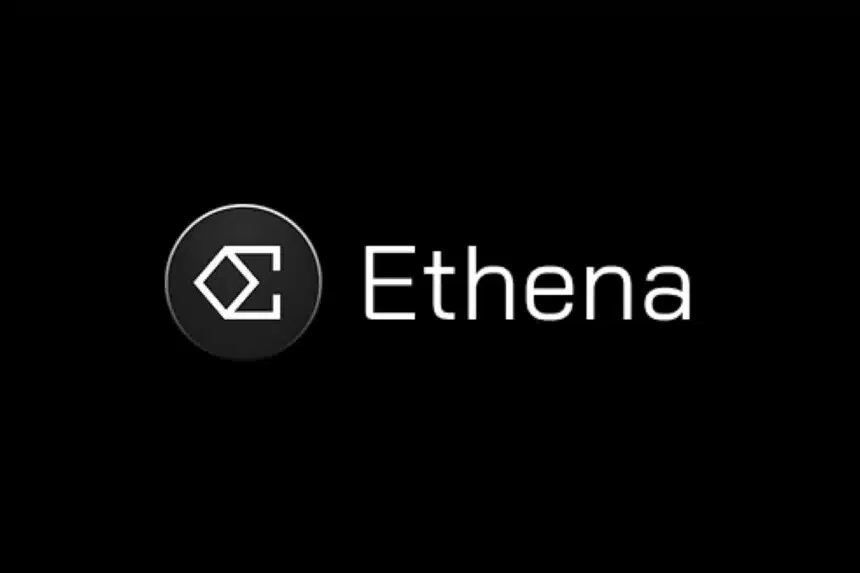|
Getting your Trinity Audio player ready...
|
Polygon (MATIC), a Layer 2 scaling solution for the Ethereum blockchain, has seen a surge in large transaction volume, but its price continues to decline. This disconnect has analysts questioning the future of MATIC’s value.
Whale Activity Fails to Lift Price
On July 11th, MATIC’s large transaction volume, defined as transactions exceeding $100,000, spiked to a significant $103 million. This represents a massive 1,493% increase from the previous day. This activity suggests institutional investor interest in MATIC.
Bearish Market Sentiment Dampens Price
Despite the substantial whale activity, MATIC’s price has remained stubbornly low. As of writing, MATIC trades at $0.49, reflecting a 4% drop in the past 24 hours. This price decline coincides with a surge in trading volume, exceeding 10%. This situation, known as bearish divergence, indicates strong selling pressure despite high activity.
Elder-Ray Index Points to Downward Trend
The Elder-Ray Index, a technical indicator measuring buyer and seller strength, reinforces the bearish sentiment. The indicator’s current negative value suggests bear dominance in the market. If this trend continues, MATIC’s price could fall further, potentially reaching $0.42.
Also Read: Polygon (MATIC) Shocks Market: Upward Climb to $1 Resistance (But Can It Hold On?)
Future Uncertain: A Shift Needed for Price Increase
While the current outlook for MATIC appears bleak, a positive shift in market sentiment could reverse the downtrend. If bulls regain control, MATIC’s price might climb back to $0.50. However, overcoming the current bearish pressure is crucial for any significant price increase.
In Conclusion
The recent surge in MATIC’s large transaction volume is a head-scratcher for investors. Despite the potential signal of institutional interest, the token’s price continues to decline. A positive shift in market sentiment is essential for MATIC to break free from its current downtrend.
Disclaimer: The information in this article is for general purposes only and does not constitute financial advice. The author’s views are personal and may not reflect the views of Chain Affairs. Before making any investment decisions, you should always conduct your own research. Chain Affairs is not responsible for any financial losses.




